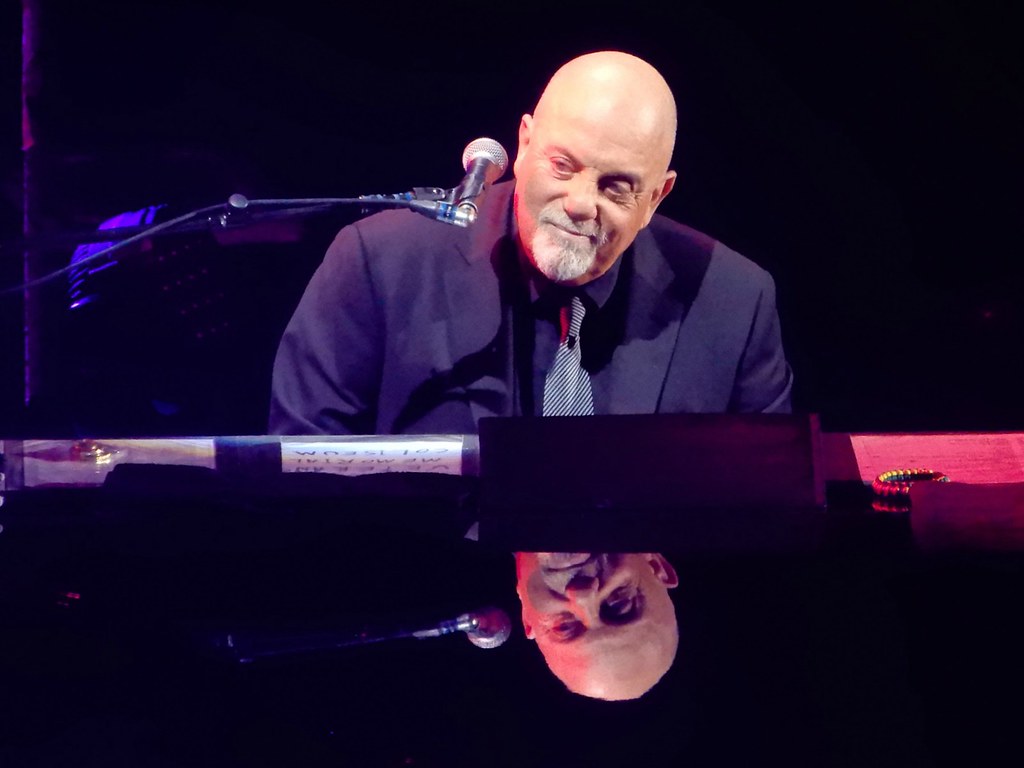Your concert bucket list just got shorter, and this time it’s not because of Ticketmaster’s latest fee structure. Billy Joel’s announcement that he’s canceling all tour dates through July 2026 due to normal pressure hydrocephalus (NPH) represents more than postponed shows—it’s a stark reminder that even piano legends aren’t immune to the fragility that shadows aging performers.
The Piano Man’s transparency about his condition cuts through typical celebrity health euphemisms like TikTok cut through medical misinformation. NPH causes excess cerebrospinal fluid to build up in brain ventricles, creating the hearing, vision, and balance problems that make performing dangerous. For a pianist whose entire performance depends on precise hand-eye coordination and spatial awareness, these symptoms aren’t just inconvenient—they’re career-ending without treatment.
Consider Joel’s performance style: those dramatic lean-ins over the keys, the way he conducts his band while maintaining complex chord progressions, the physical stamina required for three-hour shows. Balance issues don’t just affect walking to the piano—they disrupt the biomechanics that separate a Piano Man from a guy playing “Chopsticks” at a hotel bar.
Billy Joel defies the industry’s rush to write his final verse by choosing medical transparency over the typical fade-to-silence that ends most legendary careers. Joel’s decision reverberates through the industry’s graying infrastructure. Co-headlining acts like Stevie Nicks, Rod Stewart, and Sting now face restructured touring plans, while venues lose guaranteed sellouts that anchor their annual revenue. The domino effect touches everyone from sound engineers to merchandise vendors who depend on these massive productions.
What makes this particularly sobering is Joel’s recent momentum. His Madison Square Garden residency concluded triumphantly in July 2024, proving his enduring draw. The canceled tour represented a victory lap for an artist who’d successfully navigated streaming-era relevance while maintaining his core fanbase.
The condition typically requires surgical intervention—a shunt procedure that drains excess fluid. Recovery timelines vary wildly, making Joel’s hopeful mention of returning to performing both admirable and uncertain.
This moment crystallizes the precarious economics of legacy touring. Artists like Joel generate millions per show, but the industry’s most reliable revenue streams are literally aging out. Insurance companies are already tightening coverage for artists over 70, and some venues are diversifying their booking strategies to avoid catastrophic cancellations.
Unlike Tim McGraw’s hidden health battle that nearly derailed his career before he sought help, Joel’s public approach demonstrates how transparency can protect both artists and fans from devastating last-minute cancellations. Joel’s courage in prioritizing health over career momentum offers a blueprint for aging performers. Rather than pushing through symptoms until collapse, he’s choosing transparency and recovery—setting a standard that could influence how the industry approaches artist wellness while the generation that invented rock and roll learns to age gracefully.


























